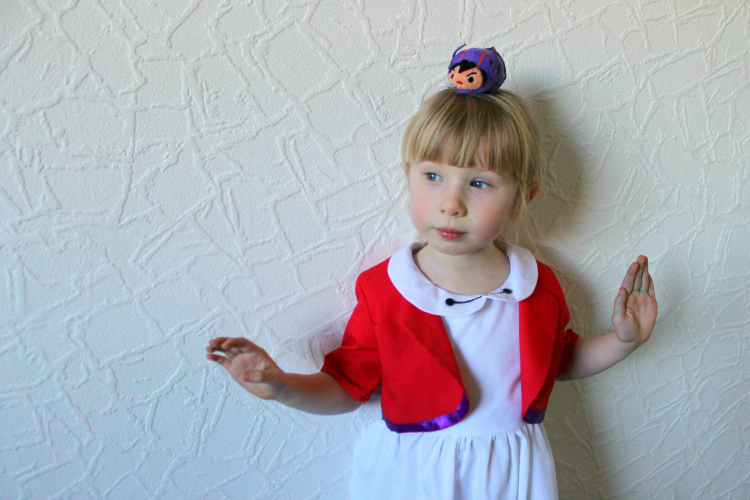
Creative Writing for Children*
Creative writing is a wonderful way for children to express their thoughts, emotions, and ideas. It encourages creativity, builds confidence, and enhances literacy skills. Whether your child dreams of becoming a bestselling author or simply enjoys making up stories, creative writing can be a fun and rewarding activity. In this blog, we’ll explore the benefits of creative writing for children, ways to inspire their storytelling, and practical tips to help them get started.
The Benefits of Creative Writing for Children
- Encourages Imagination and Creativity
This independent school in London suggests that creative writing allows children to invent new
worlds, characters, and adventures. It gives them the freedom to explore their imaginations
and think outside the box. By creating unique stories, children develop problem-solving skills
and learn to express themselves in innovative ways. - Improves Language and Communication Skills
Writing stories helps children expand their vocabulary, improve grammar, and develop
sentence structure. It also enhances their ability to communicate thoughts clearly, both in
writing and speech. As they practice storytelling, they become more confident in sharing their
ideas. - Boosts Emotional Well-being
Writing can be a great outlet for children to express their feelings and emotions. Whether they
write about real-life experiences or imaginary adventures, storytelling provides a safe space for
them to process thoughts and feelings. This can be particularly beneficial for children who find
it difficult to express themselves verbally. - Develops Critical Thinking and Problem-Solving Skills
Creative writing encourages children to think critically about characters, plot development, and
story structure. They learn how to build suspense, resolve conflicts, and create engaging
narratives. These skills are useful not only in storytelling but also in academic and real-world
situations.

How to Inspire a Love for Creative Writing
- Read Widely and Often
A love for writing often begins with a love for reading. Encourage children to read a variety of
books, from classic fairy tales to modern adventure stories. Discuss their favourite books and
characters, and ask them to imagine how they would change the story. - Use Writing Prompts
Writing prompts can spark creativity and provide a starting point for a new story. Some fun
prompts include:
“You wake up and discover you have a superpower. What is it, and what do you do?”
“A mysterious package arrives at your door. What’s inside?”
“Describe a day in the life of a talking animal.” - Make Writing Fun and Interactive
Turn writing into an engaging activity by incorporating drawing, role-playing, or even creating
mini-books. Let children illustrate their stories or act out scenes with toys. This makes the
experience more enjoyable and helps bring their stories to life. - Provide Encouragement and Praise
Celebrate your child’s writing efforts by displaying their stories at home or sharing them with
family and friends. Offer positive feedback and encourage them to keep writing. The more
confident they feel, the more likely they are to continue developing their skills.

]Creative writing is a fantastic way for children to develop their imagination, language skills, and
confidence. By encouraging them to read, providing fun prompts, and making writing an
enjoyable experience, you can help nurture a lifelong love for storytelling. Whether they write
short stories, poems, or imaginative essays, every word they put on paper is a step toward
creativity and self-expression.




